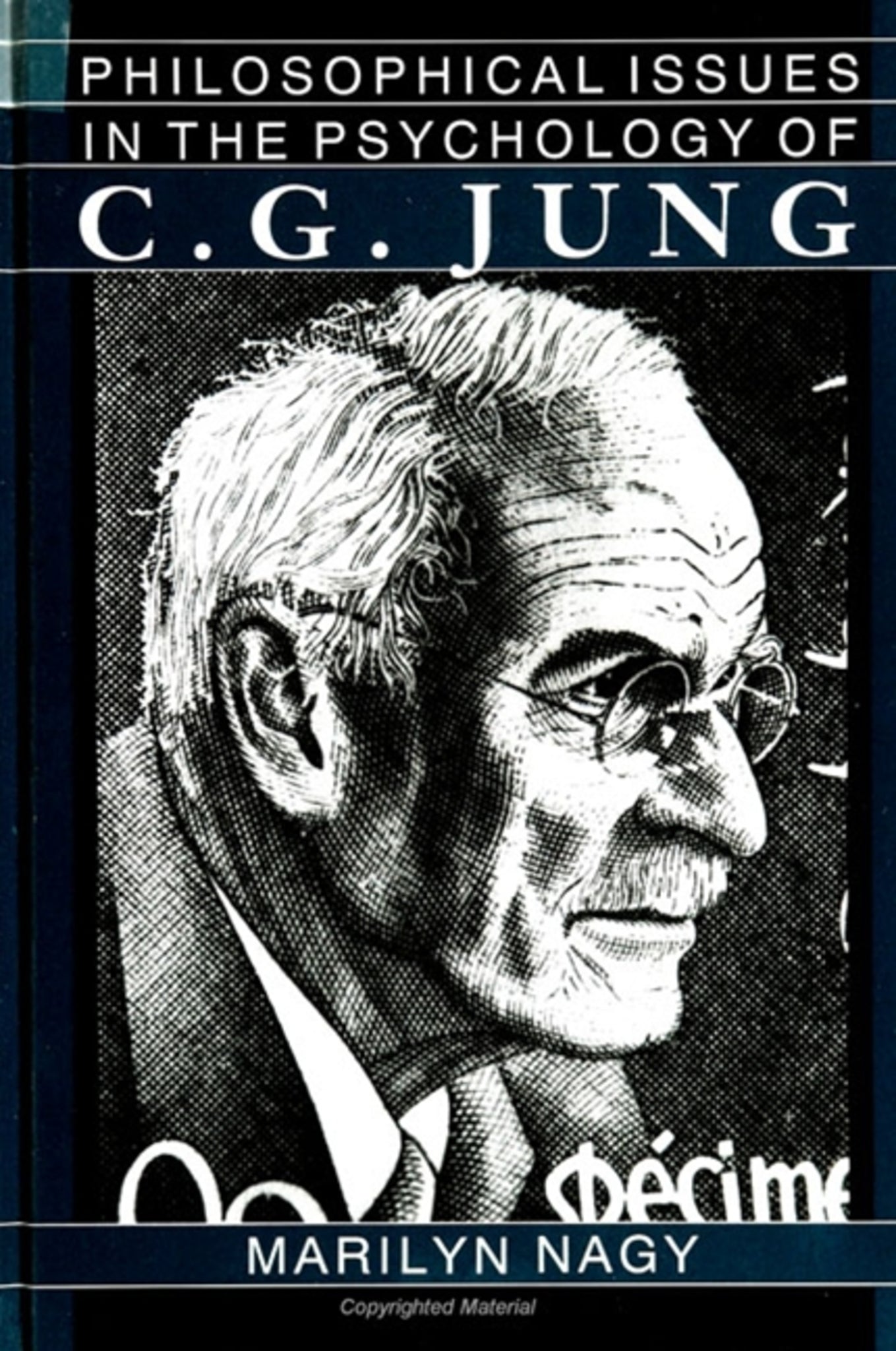We're sorry. An error has occurred
Please cancel or retry.
Philosophical Issues in the Psychology of C. G. Jung

Some error occured while loading the Quick View. Please close the Quick View and try reloading the page.
Couldn't load pickup availability
- Format:
-
04 January 1991

For the philosopher and psychologist this book offers the first thoroughly cross-disciplinary interpretation of Jung's psychology. Using the conceptual framework of traditional Western philosophy, Nagy studies the internal structure of Jung's theory. His epistemology, his ontology (archetypes), and his teleological views (individuation and theory of self) are analyzed in the context of late nineteenth and early twentieth century philosophical and scientific problems. Jung's psychology is a response to the challenge of Freud and to the rise of the empirical sciences.


"The topic is very significant and most important to the field of studies in Jungian thought wherein one endeavors to know C. G. Jung within the history of ideas and in the general context of twentieth-century culture. The author has taken on a much needed task in her efforts to situate Jung within a specific philosophical tradition." — Marian L. Pauson
Acknowledgments
Preface
Introduction
Part I. To Know Only The Soul: Jung's Epistemology
1. Childhood And Youth: Taking Up The Problem Of The Father
2. From Experience As Value To Experience As Knowledge
3. Inner Experience As True Knowledge: The Apologetics of Subjectivism
4. Epistemology As A Value Term: Plato's Theory Of Recollection As A Solution To The Problem Of Justice
a. Immortality and Justice in Homeric Society
b. The Orphic Vision
c. Inner Knowledge and Transcendent Order
5. Theories of Perception And Knowledge: From Descartes To Kant
6. Nineteenth-Century Kantianism
a. Hermann von Helmholtz and the Skeptical Heritage
b. Lange and the Phenomenal Idealists
c. Haeckel and Adickes: A Pitched Battle
d. Arthur Schopenhauer
7. Two Epistemological Discussions By Jung
a. Esse in Anima as a Solution to the Mind-Body Dilemma
b. The Lumen Naturae of Paracelsus as the Paradigm of True Knowledge
Part II. Archetypes: Championing The Mind
Introduction
1. Freud And The Theory Of Instinct Libido
2. Toward A Genetic Theory Of Libido
3. From Libido To Archetypes: Reduction To Final Cause
a. A Phylogenetic Viewpoint
b. Fantasy, Symbol, and the Prospective Method
c. "Instinct and the Unconscious"
4. Jung's Empiricism And The Common Consent Arguement
5. Theories Of Archetypes: Plato And Schopenhauer
a. Plato
b. Schopenhauer
6. Instincts And Archetypes
7. Late Developments Of The Archetype Theory: Synchronicity
Part III. Individuation Versus Evolution: The Long War
Section A. Teleological Patterns In Jung And In Aristotle
1. Individuation
a. Life as Purposive
b. The Self as Arbiter of Psyche
2. Aristotle's View Of Teleology As Act And Potency
Section B. The Nineteenth-Century Challenge To Final Cause
3. Goals In Nature: Kant, Schopenhauer, Von Hartmann
4. The Struggle With Vitalism: From Stahl To Haeckel
5. Neo-Vitalism: Driesch And Jung
A Postscript on Vitalism
Conclusion
A Personal Note
Appendix: Gustav Theodor Fechner
Selected Bibliography
Index



